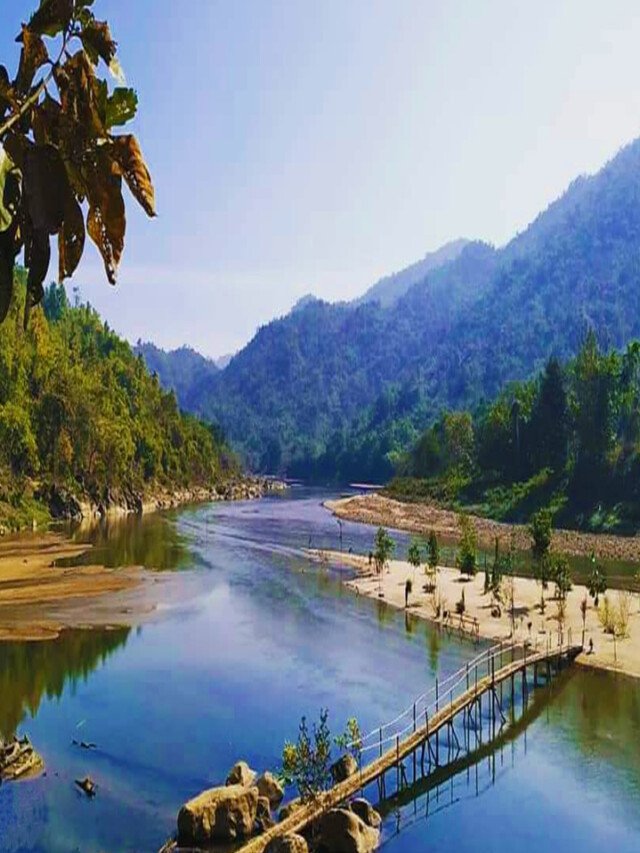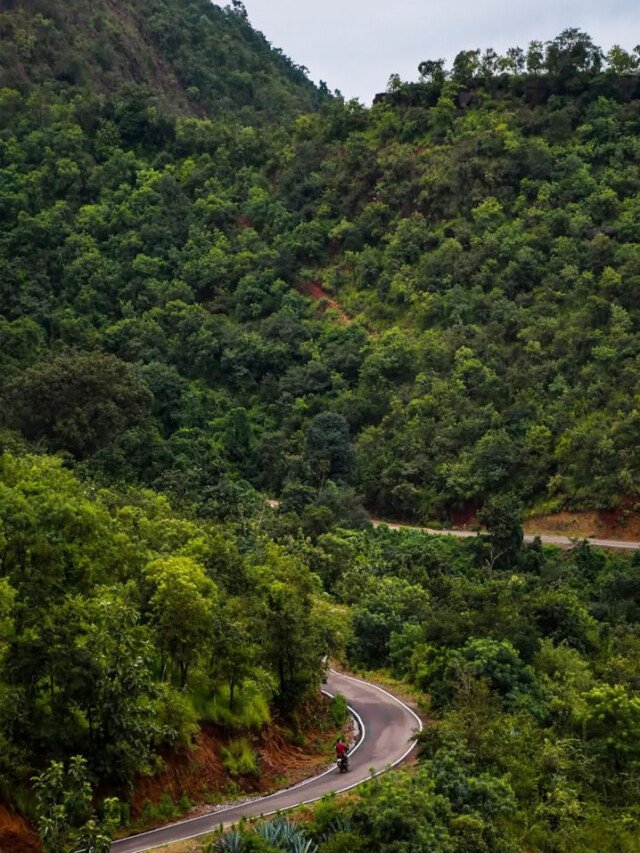NEW DELHI, Oct 7: India’s water reservoirs are experiencing a significant boost in live storage with 155 of them across the country currently at 88 per cent of their total capacity, a 14 per cent rise from the normal storage.
This is a marked improvement compared to last year’s storage levels for the same period, which stood at 134.056 BCM, as well as the normal 10-year average storage of 139.114 BCM.
The bulletin further said that 86 reservoirs across the country are reporting higher storage levels than last year, and 123 reservoirs were exceeding their normal capacity.
The 2024 figures reflect an 18 per cent increase over last year’s levels and a 14 per cent rise compared to the normal storage.
While the overall storage levels across the country are higher, regional variations exist.
The Western region, comprising Gujarat, Maharashtra, and Goa, has witnessed the most robust storage figures, with 97 per cent of its total live storage capacity already filled.
This is a substantial improvement compared to last year’s figure of 89 per cent and also surpasses the normal storage of 78 per cent for the region.
The central region, which includes Uttar Pradesh, Madhya Pradesh, Uttarakhand, and Chhattisgarh, also saw a positive trend, with 91 per cent of total live storage available—higher than both last year’s 84 per cent and the normal 81 per cent.
Meanwhile, the Eastern region, including states like Assam, Odisha, and Bihar, recorded 86 per cent of its live storage capacity, up from last year’s 77 per cent.
However, the Northern region, which includes Himachal Pradesh, Punjab, and Rajasthan, reported a drop in live storage levels.
Currently, only 68 per cent of the total storage capacity in this region is filled, lower than last year’s figure of 85 per cent and the normal storage of 82 per cent.
The Southern region has seen a sharp increase, with reservoirs holding 86 per cent of their capacity, compared to just 50 per cent last year.
The CWC bulletin further highlighted that several major river basins in India have better-than-normal storage levels.
Notable among these are the Ganga, Mahanadi, Godavari, and Narmada basins.
In contrast, the Indus basin recorded deficient storage compared to normal, though no basin fell into the “highly deficient” category. (PTI)












